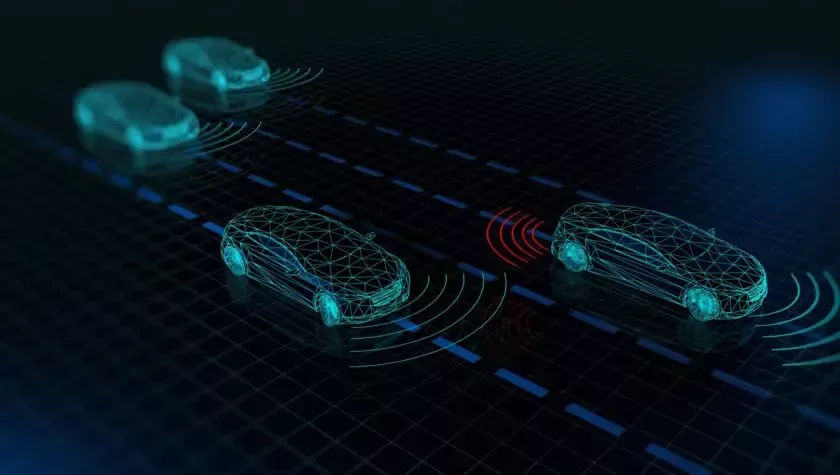Harnessing the potential of digitally connected autonomous cars and commercial vehicles to increase road safety, tackle congestion and improve the accessibility of transport services will be the focus of a new National Infrastructure Commission study on connected and autonomous mobility (CAM).
The government has this week published the terms of reference for the study, first announced in the Autumn Statement in November. The Commission has been asked to consider how the government should plan, operate and maintain the country’s road network and related digital infrastructure to ensure that any opportunities and future challenges from this emerging technology are accounted for in strategic transport plans.
The study will look at the policy and governance that may be needed to effect any necessary changes, while also reflecting the uncertainty around the future direction of development for this emerging technology. The Commission’s work will also consider the implications of the technology for both physical and digital infrastructure, including data.
The advice provided by the Commission will help the government build on its new legislative framework for the initial rollout of autonomous vehicles by looking beyond this to plot out a strategy that maximises the long term benefits of widespread adoption.
Commissioner Michele Dix said: “This technology enables us to think differently about how we could manage the country’s congested roads, transforming the experiences of drivers and public transport users and giving business productivity a real boost. The study is a chance to understand the full implications of the technology for future infrastructure design and operation, and to identify the policies government will need to ensure it succeeds.”
The Commission will engage widely with stakeholders and will publish details of how interested organisations can help inform the study in due course.
The Commission’s second National Infrastructure Assessment published in October 2023 highlighted that connected and autonomous vehicle technology has the potential to make roads much safer, and perhaps to reduce road journey times over longer distances. It could also make road travel more accessible to those who currently do not drive themselves, such as the elderly or people living with a disability.
The first National Infrastructure Assessment in 2018 recommended government develop a research framework for connected and autonomous vehicles, focusing on the changes that would be required to the way that roads are planned, designed and operated to maximise the benefits that they could bring.























